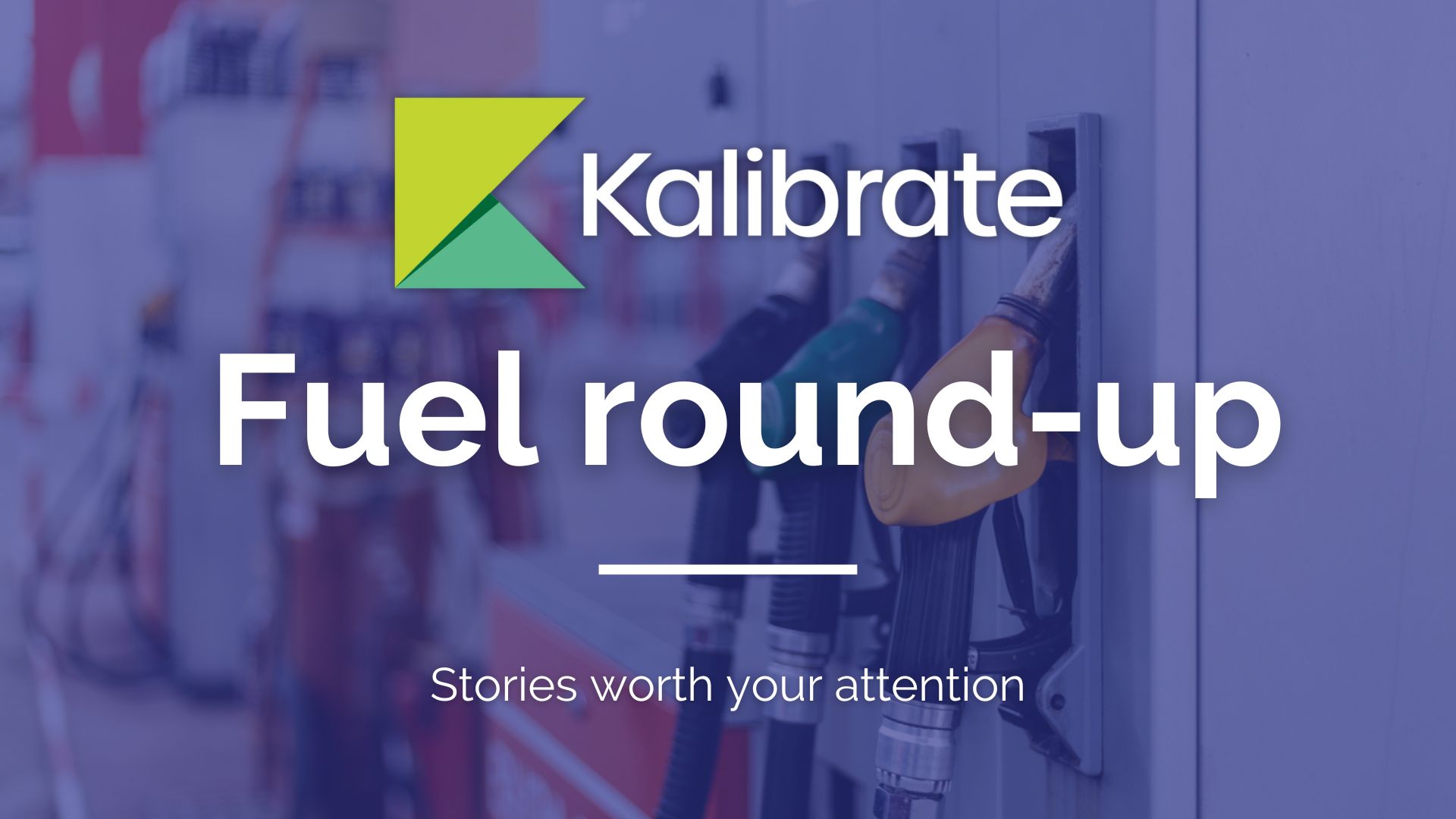Kalibrate works with a diverse range of fuel organizations, so we always have our ear to the ground to see how the environment is evolving. This helps us understand the challenges and opportunities facing the brands we support, but it also helps us keep across the news, innovations, transformations, trials, and tribulations, within the fuel space.
OPEC announces production cuts
Earlier this month, OPEC surprisingly announced a production cut of approximately 1.66 million barrels per day, attracting criticism from the US government and causing oil prices to tick up. Unsurprisingly, this announcement triggered volatility at the start of April – prices rising as much as 8% on the back of the announcement before falling back slightly.
Some clarity around the decision came from OPEC’s monthly report, which suggested that the oil market is less tight today than it was this time last year, predominantly due to commercial inventories building up in OECD countries. Indeed, the US Energy Information Administration (EIA) expects the global oil market will remain in surplus this year and the next.
Expert consensus was that OPEC would not cut production, as that would be taken as a signal of stagnating demand. The production cut and subsequent price hike are confirmation of the fact that the oil market remains volatile. Fuel retailers should remain cautious and make use of available, reliable data to inform their pricing decisions.
Walmart expands investment in EV strategy
Walmart has announced plans to expand its own electric vehicle fast-charging network. Today, EV charging facilities are already available at around 280 Walmart sites, with 1,300 fast-charging stations. The company aims to provide a convenient charging option to customers in rural, suburban or urban areas. This news reflects a recognition of the value EV charging can provide for retailers – you can read more about the opportunities of EV charging strategy here.
Kalibrate’s Matteo Locane reflected on the announcement, “Electric vehicles remain the main alternative to petrol and diesel engines for private consumers, and this move by Walmart confirms that EVs are here to stay.
“Fuel retailers need to be acutely aware of the impact EVs will have on the traditional petrol station business model.”
Inflation impacts pump price in the UK
British media coverage of fuel prices has increased recently due to an RAC Foundation study claiming forecourt owners are charging more for diesel than necessary, contributing to rampant inflation. According to the study, pump prices for diesel are around 10% higher than for petrol despite wholesale prices being lower – suggesting the average forecourt owner is making double the profit from diesel users than from petrol users.
Tom Hatton commented, “While prices have come down a long way from the heights seen last year, fuel prices remain a sensitive subject, particularly when inflation is high. While diesel is mostly seen as a commercial – and therefore less price-sensitive – fuel, volume and margin considerations greatly differ from one retailer to the next. Forward-thinking fuel retailers should watch traditional and social media sentiment, and be ready to quickly adjust their tactics if needed.”
Japan updates outlook on hydrogen
Japan is looking to update its national hydrogen strategy, which was first established in 2017. The review aims to restructure its goals, with particular attention to strengthening local production of clean hydrogen. Japan had been the first country in the world to develop a nation-wide hydrogen strategy.
This latest announcement indicates a revision to that strategy, as the country attempts to increase supply by 2040. Significant funding and investment will be needed to see success in this area.
Japan’s highly ambitious hydrogen strategy has been recently criticised by Japanese environmental thinktanks, who are doubtful of the country’s ability to produce enough clean hydrogen to meet targets. Still, hydrogen remains one of the main options in the alternative fuels space, and forward-thinking fuel retailers should be at least investigating this opportunity.




